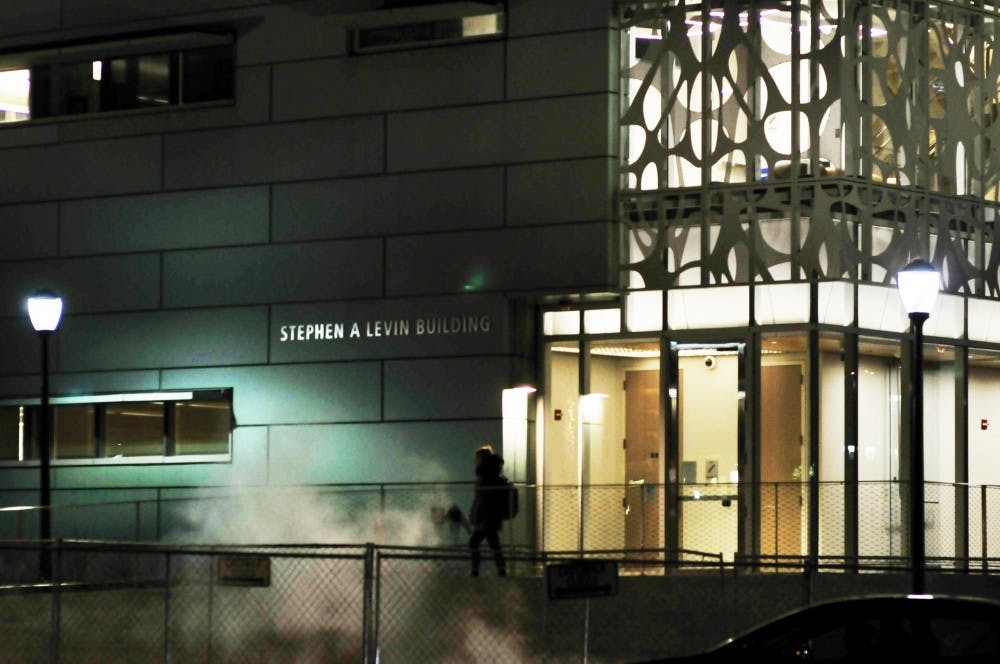
The Wharton Neuroscience Initiative is breaking ground by connecting the fields of neuroscience and business at Wharton and Penn’s other schools.
Under the leadership of Director Michael Platt, the initiative is the first of its kind to be developed in a business school. WiN plans to work with both the business and neuroscience fields through academic programming, research opportunities and projects like bringing speakers to campus.
“The idea is to build bridges between both disciplines and strengthen both areas by being in that intersection,” said Elizabeth Johnson, the executive director and senior fellow of WiN.
It also aims to create a community of faculty and students from different departments at Penn, including Wharton, the College of Arts and Sciences, the Perelman School of Medicine and others. The initiative currently has a group of faculty affiliates from many different areas of expertise.
WiN also hopes to be a place where students can spend time — the initiative has an office in Steinberg-Dietrich Hall where students can stop by, pick up free t-shirts and talk to the staff.
“We hope to be a hub for students,” Program Coordinator Kate Molt said, and “a spot where students can feel very welcome.”
Since it launched in September 2016, the initiative is still growing and developing its goals for the future with student input, Johnson said. The initiative’s website includes a submission form where students, faculty and others can indicate their interest.
“We don’t want to generate all of the ideas. We also don’t want to have the initiative just be about us and what we think is the most interesting,” Johnson said. “I think that Penn students are one of the most valuable assets for the University and they also have really great ideas…[which] we can help promote.”
The initiative is looking to broaden its community of students and faculty, including opportunities for undergraduate students at Penn.
“If students want to get more and more involved with us, we’re really open to finding creative ways for them to do so,” Johnson said.
WiN currently employs two undergraduate students who are helping to increase the initiative’s social media outreach and produce content for its website. Wharton freshman Katie Fazio, who works on creating content for the initiative’s website, including faculty spotlights and question and answer pieces, said that she was drawn to the initiative in part because it was so new.
“To be there on the ground floor is always an incredible opportunity,” Fazio said. For her, working for WiN is a chance “to be there at the start of something.”
The Daily Pennsylvanian is an independent, student-run newspaper. Please consider making a donation to support the coverage that shapes the University. Your generosity ensures a future of strong journalism at Penn.
Donate




